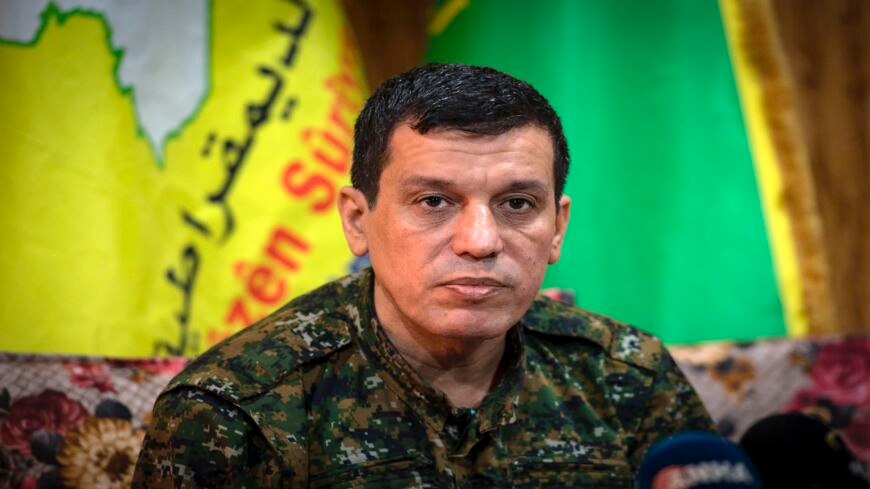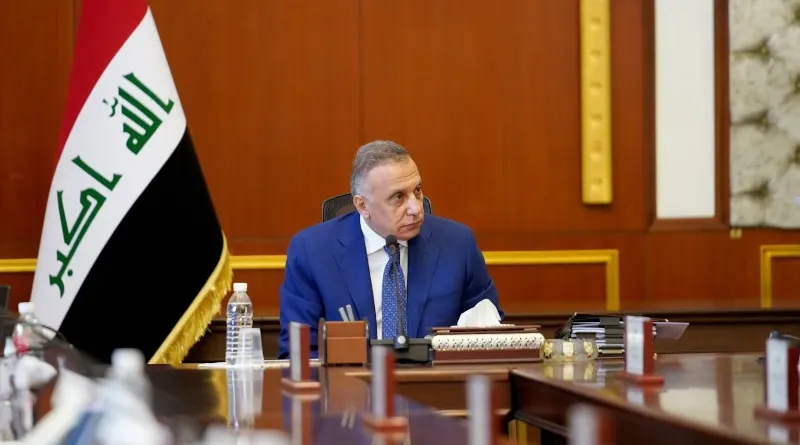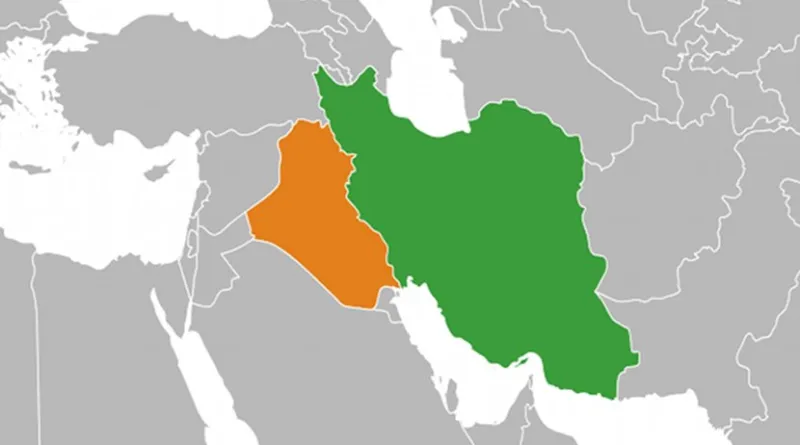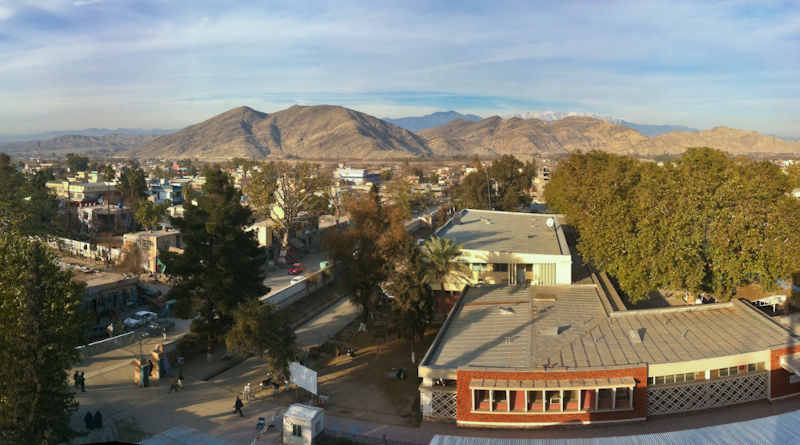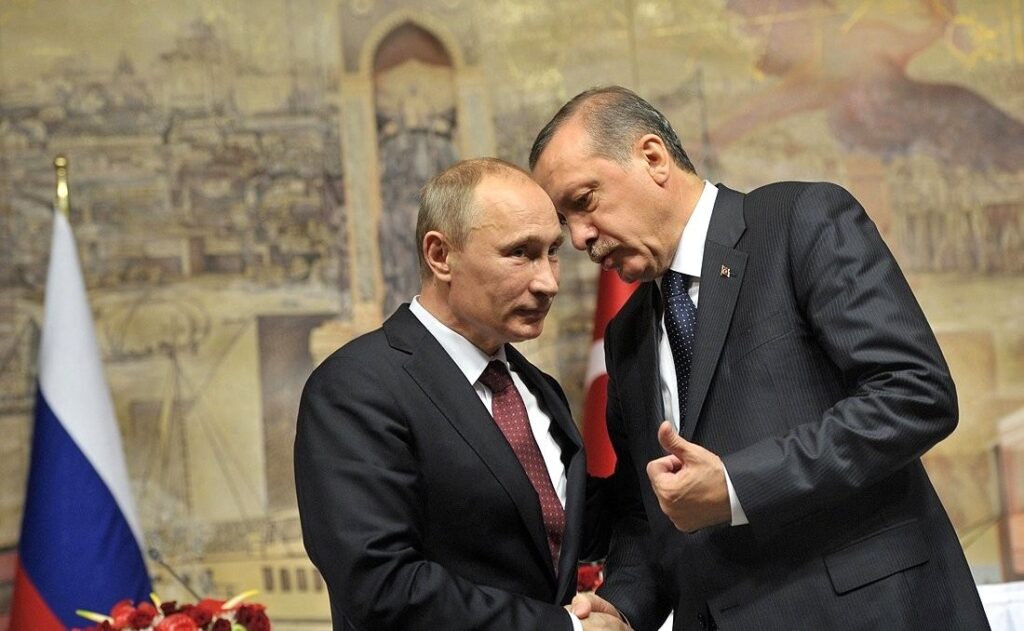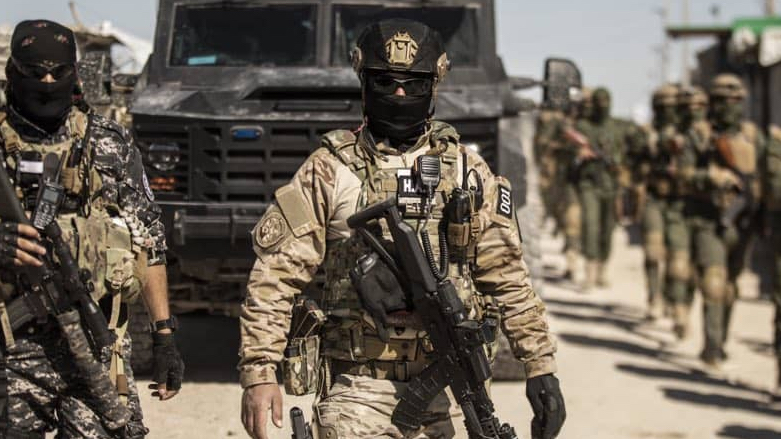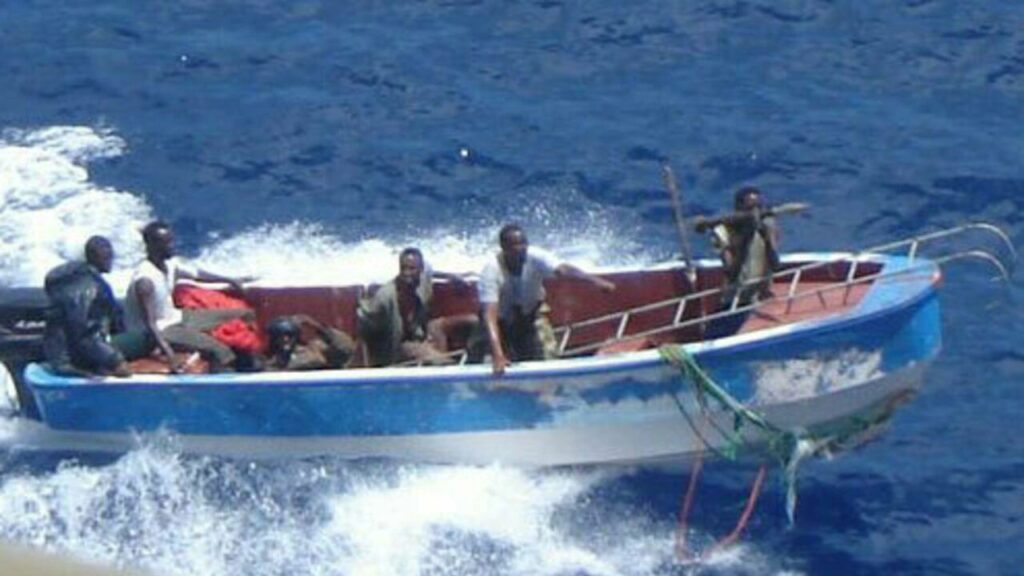Escalating security chaos in SDF-held areas | Woman killed and gets her jewelry stolen in Deir Ezzor countryside

Deir Ezzor province: SOHR activists have reported that a 25 year-old displaced woman from al-Mayadeen was killed in al-Busayra city in Deir Ezzor countryside.
According to local sources, two unidentified women were accused of the murder, as they had entered the victim’s house, which is next to the culture center in al-Busayra, this morning.

